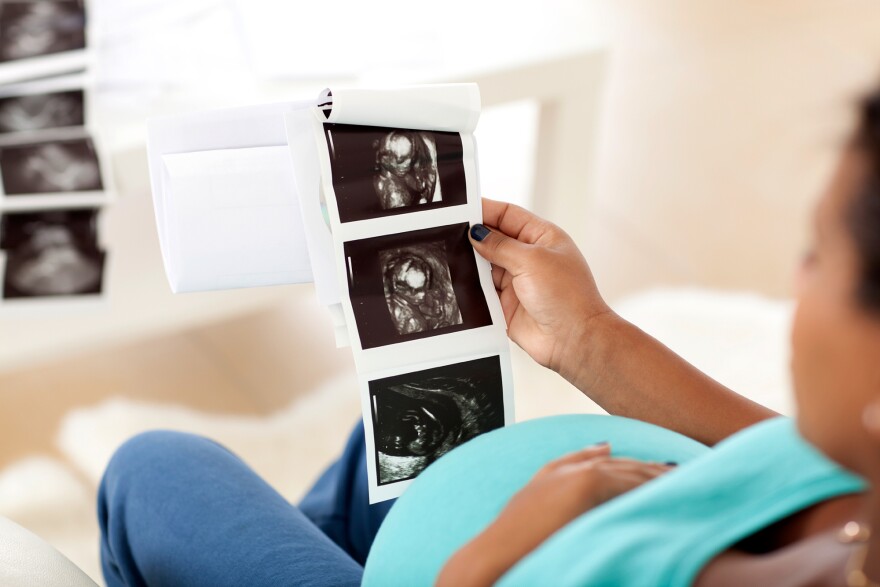The Texas Department of State Health Services and Texas Maternal Mortality and Morbidity Review Committee's report is finally out after months of delays.
The report, which analyzes data on maternal deaths across the state and makes recommendations on addressing the causes behind those deaths, was slated to publish in September. However, its release was continually pushed back, which advocates said was politically motivated.
“I feel like the report was delayed because of the election,” said D’Andra Willis, full-spectrum doula and birth justice coordinator with The Afiya Center. “They knew what the findings were, and delay[ed] the report on purpose so that it didn’t reflect badly on [Gov. Greg Abbott].”
This year’s report analyzed data from 2019, which revealed obstetric hemorrhage, or bleeding, as the leading cause of death for people giving birth. According to a 2018 National Institute of Health article, “this could be during pregnancy, child birth, or in the postpartum period,” and is one of the major causes of maternal mortality across the world.
Similar to the Maternal Mortality and Morbidity Review Committee’s last report in December 2020, mental health issues were also a top cause of maternal mortality.
“Data like this is absolutely crucial for developing effective interventions,” said Diana Forester, director of health policy for Texans Care for Children. “Behind all of the data, we’re talking about the lives of real Texans who have died, and also (people) who could die in the future or experience other serious health problems."

The report also discussed the racial disparities in maternal mortality, where Black pregnant people were twice as likely to die than their white counterparts. They also experienced higher rates of maternal morbidity, which the U.S. Centers for Disease Control and Prevention defines as “unexpected outcomes of labor and delivery that result in significant short- or long-term consequences,” when delivering in hospitals.
In addition, initial data showed that COVID-19 disproportionately impacted Hispanic and Latinx people giving birth.
“It’s a ‘told you so’ report,” Willis said. “It was in your face. We’ve been saying it. You’ve seen it. But it is proving the findings that we know are happening with Black birthing people, people of color, and the maternal mortality rates in Texas, period.”
There are a number of bills addressing maternal health proposed for the 2023 legislative session, including ones on Medicaid coverage for doula services; extending pregnancy Medicaid coverage to 12 months postpartum; and establishing a registry for maternal mortality and morbidity data in the state.
Forester and Willis both said they are prioritizing conversations around pregnancy Medicaid expansion and doula services as the legislature kicks off in January.
Willis added that the delay of the report affects organizations trying to address maternal health outcomes across Texas.
“We use that data [in the report] to show that you need to prioritize maternal mortality,” Willis said. “There are some crazy bills being thrown around. Representatives and the legislature need to understand what we’re facing.”
Got a tip? Email Elena Rivera at erivera@kera.org. You can follow Elena on Twitter @elenaiswriting.
KERA News is made possible through the generosity of our members. If you find this reporting valuable, consider making a tax-deductible gift today. Thank you.
Copyright 2022 KERA. To see more, visit KERA. 9(MDA3MzEzNjc2MDEzMDI2Mzc4OTc4NTFmNg001))











